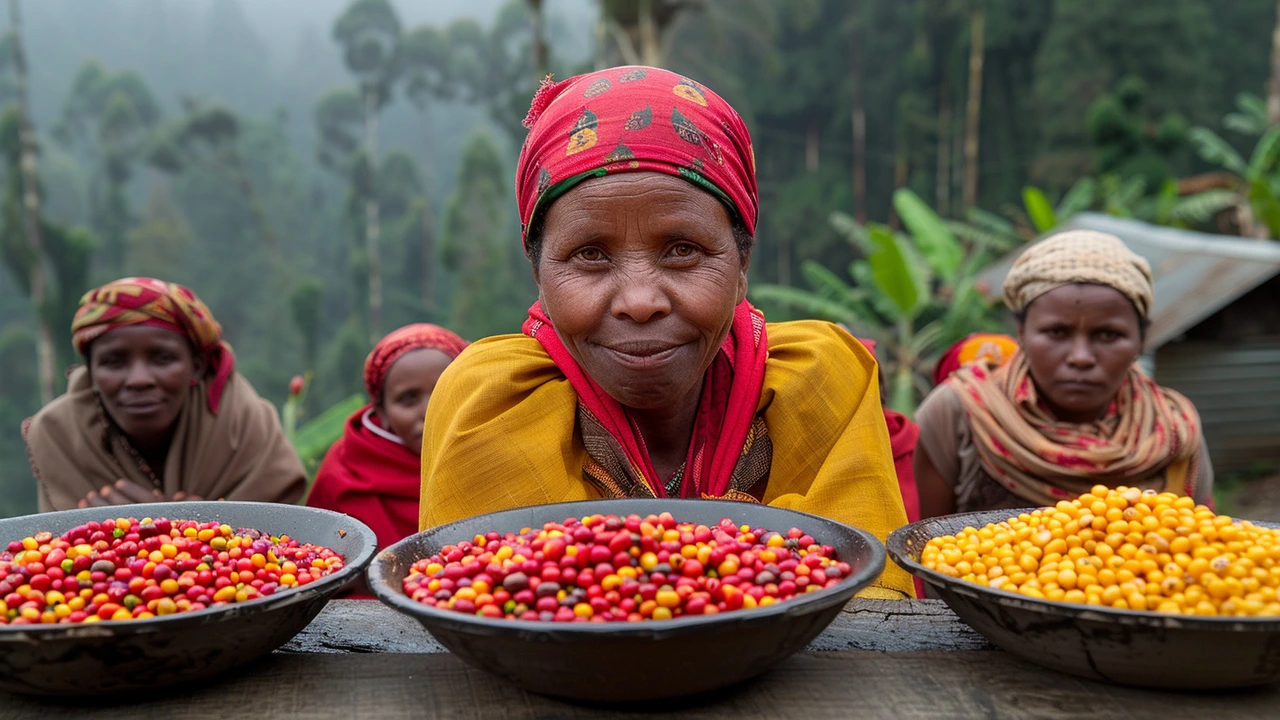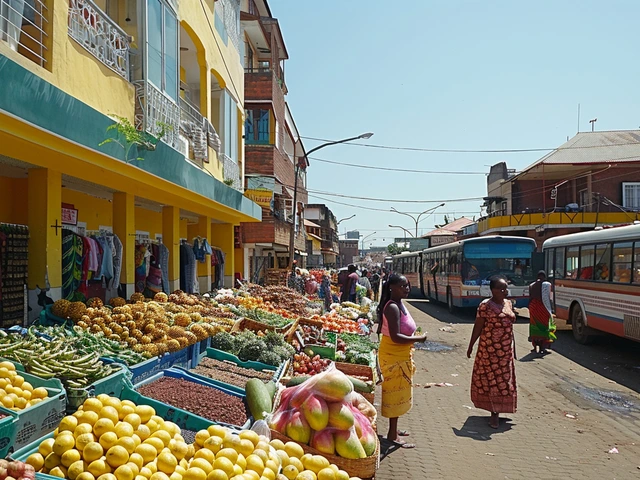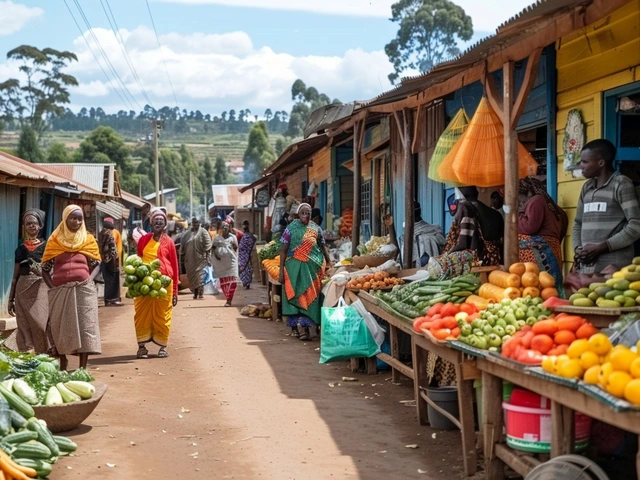Coffee Production in Ethiopia: Jobs, Economy & Local Impact
Coffee isn't just a crop in Ethiopia—it's a big deal for workers, families, and the entire economy. Most people know Ethiopia as the birthplace of coffee, but what you might not realize is how deep these coffee roots go. Farmers in rural villages grow the beans, but the impact stretches far beyond the countryside. If you're looking to understand work opportunities or invest in Ethiopian agriculture, it pays to see how coffee shapes real life.
Everywhere you travel in Ethiopia, you're likely to find smallholder farmers tending lush coffee trees. More than 15 million people rely on the crop for their daily income, from planting to picking and finally selling at local markets. That's a huge part of the population—coffee isn't just a drink here, it's a livelihood. Some families have been in the business for generations, keeping traditions alive while adjusting to modern markets.
When it comes to creating jobs, coffee delivers. Harvest season means a big spike in temporary work—locals, especially young adults and women, find seasonal picking jobs that offer quick cash. Even outside harvest, there's steady work in sorting, drying, and processing the beans. Small businesses pop up around coffee hubs, like cafe supply shops and transport companies, giving even more people a way to earn money. For folks trying to break into Ethiopia’s job market with little more than grit and a willingness to learn, coffee production is often the first step up.
The cash from coffee doesn’t stop at wages. Exporting beans brings in foreign currency, which Ethiopia uses to pay for everyday imports and national projects. When export numbers rise, the entire economy gets a boost. On the flip side, a bad harvest means fewer jobs and less cash in people’s pockets—that's why ups and downs in coffee production make headlines here. Investing in better farming tools, modern drying stations, and training can smooth things out, creating more sustainable jobs and reducing stress for farmers.
Thinking about starting your own coffee-related business? There’s more than just growing: the supply chain needs everything from eco-friendly packaging to logistics and quality control. Even tech startups are getting involved—apps now help farmers check market prices in real time and connect directly with bigger buyers. If you want to tap into Ethiopia’s coffee industry, practical skills like agribusiness, logistics, and digital marketing are in high demand.
Coffee also shapes Ethiopia’s culture. Sharing a cup is an everyday ritual, and traditional coffee ceremonies bring people together. While the job numbers and economic stats matter, it’s this human story that sets Ethiopian coffee apart. If you're chasing opportunities—whether it’s a job, business idea, or investment—coffee production is a real window into Ethiopia’s soul and economy.





